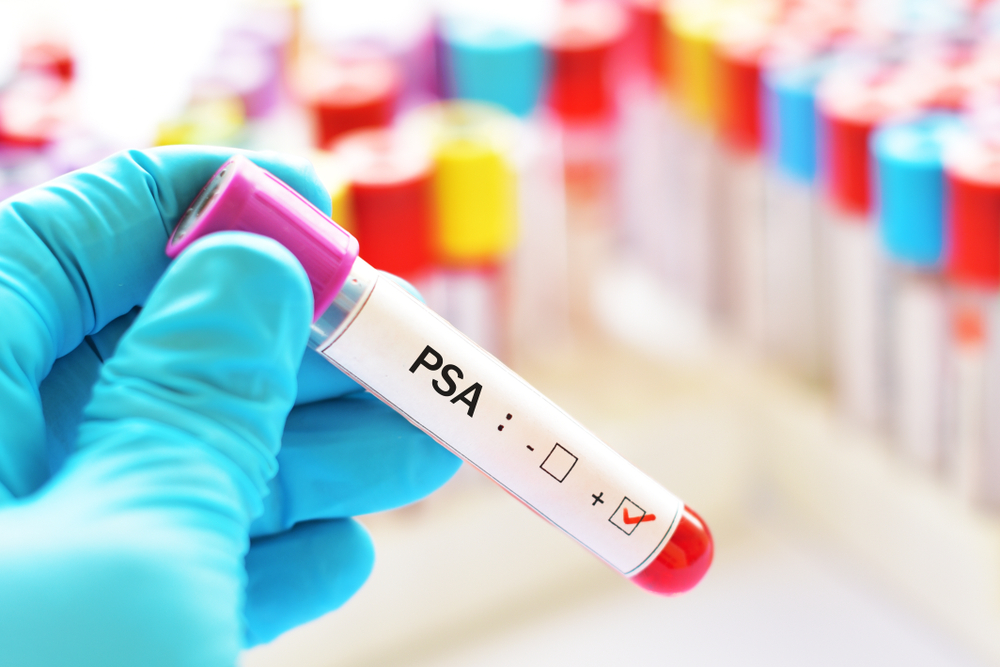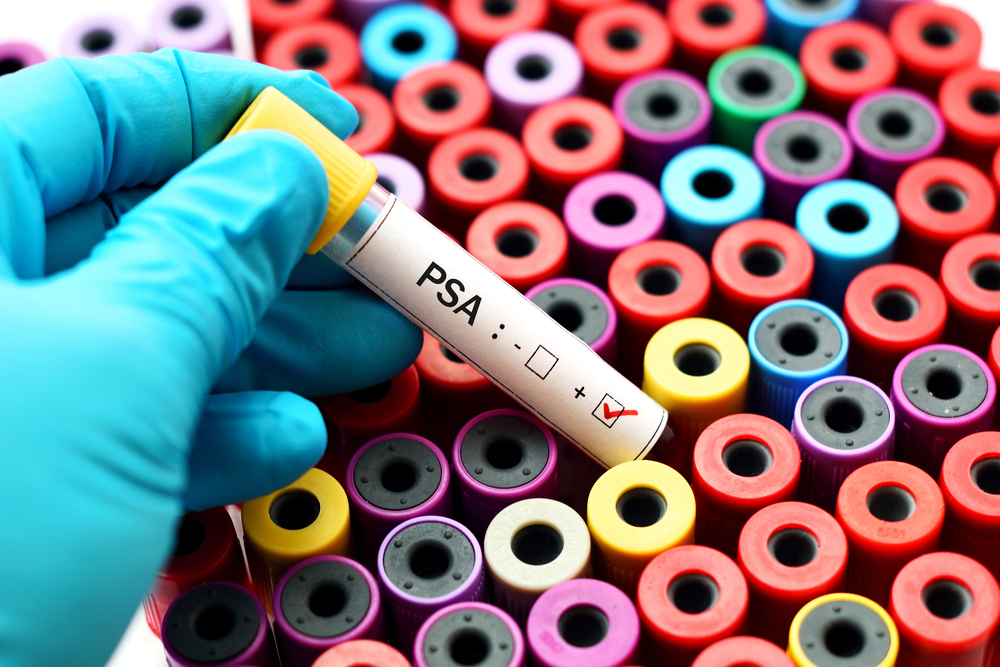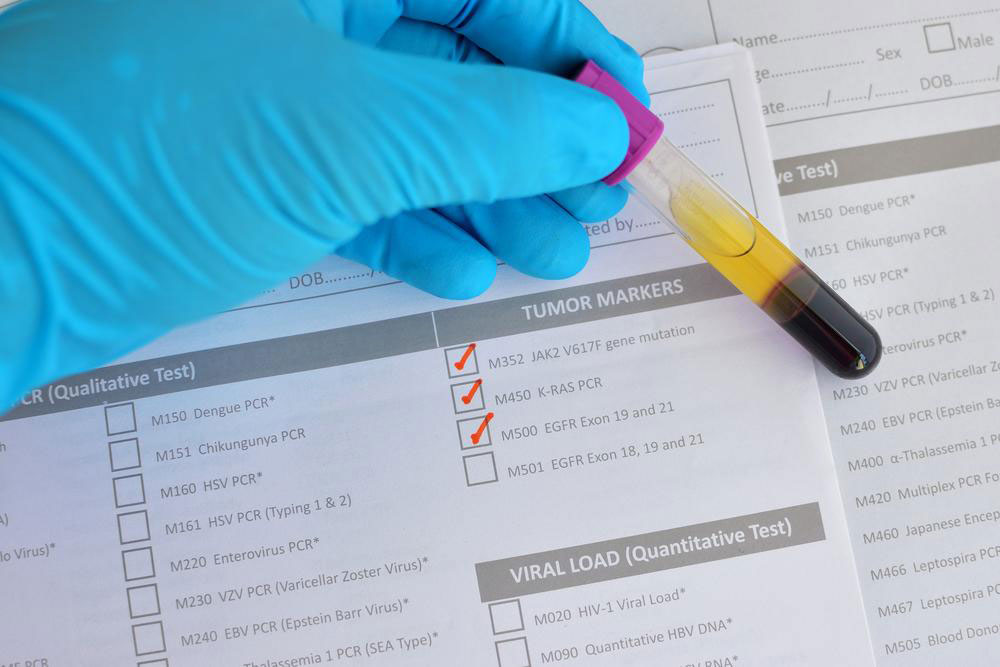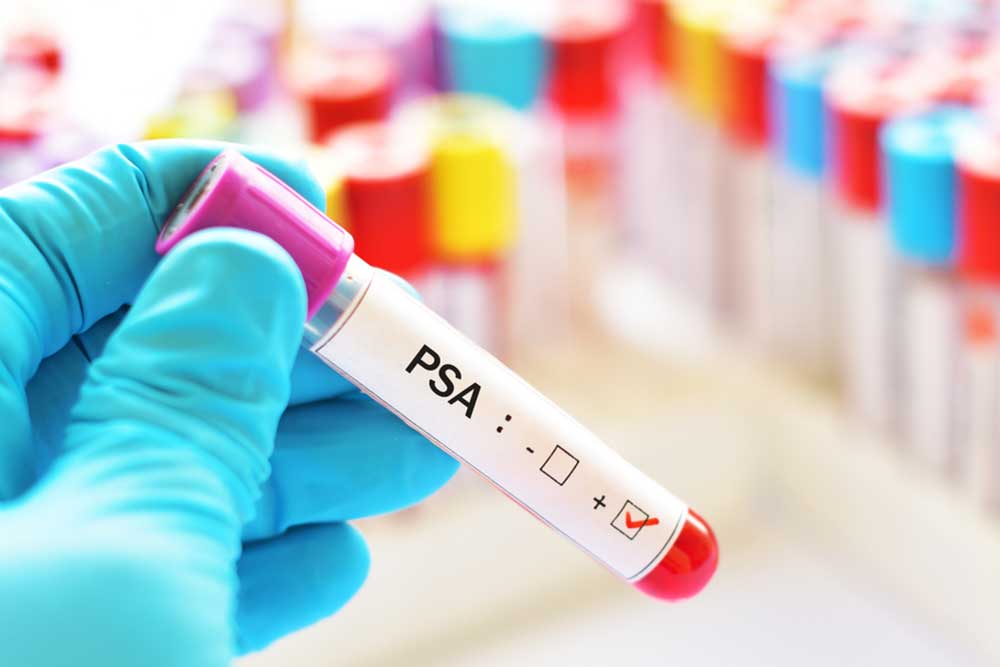Comprehensive Guide to Understanding Elevated PSA Levels in Men and Their Causes
This comprehensive guide explores the various causes behind elevated PSA levels in men, emphasizing the importance of accurate diagnosis. It covers benign conditions like prostatitis, BPH, recent activities, and more serious issues such as prostate cancer. The article highlights the significance of consulting healthcare professionals, proper testing, and management strategies to maintain prostate health. Understanding these factors can help men better interpret PSA results and reduce unnecessary anxiety, ensuring timely intervention and effective treatment options for prostate health issues.

Prostate-specific antigen (PSA) testing plays a crucial role in the early detection of prostate health issues, especially prostate cancer, which remains one of the most common types of cancer among men worldwide. Elevated PSA levels often serve as an initial alert to potential problems, prompting further investigation. However, it is essential to recognize that increased PSA levels do not always indicate malignancy; they can also be attributed to a variety of benign or temporary conditions. Understanding the causes behind elevated PSA levels is vital for accurate diagnosis, effective management, and peace of mind.
The PSA test is a simple blood screening that measures the concentration of prostate-specific antigen, a protein produced by the prostate gland. Under normal circumstances, PSA levels are within a specific range, but when they rise above the typical threshold, it can signal underlying issues. Elevated levels can sometimes be caused by non-cancerous conditions, including infections, benign prostatic hyperplasia (BPH), recent medical procedures, or physical activities that put strain on the prostate. Hence, interpreting PSA results must be handled with care, considering potential influencing factors.
Common Causes of Elevated PSA Levels
Several factors can contribute to increased PSA levels in men, and understanding these can help distinguish benign causes from more serious concerns such as prostate cancer.
1. Urinary Tract Infections and Prostatitis
One of the primary benign causes of elevated PSA is prostate inflammation, commonly known as prostatitis. This condition can be caused by bacterial infections affecting the prostate and urinary tract. Symptoms often include pain, difficulty urinating, fever, and discomfort in the pelvic area. When prostatitis occurs, the inflamed prostate releases more PSA into the bloodstream, leading to elevated levels detectable through testing. Treatment typically involves antibiotics and anti-inflammatory medications, and PSA levels usually decrease once the infection resolves.
2. Benign Prostatic Hyperplasia (BPH)
BPH, or benign prostatic hyperplasia, is a non-cancerous enlargement of the prostate gland that commonly occurs as men age. This condition narrows the urethra and causes urinary symptoms such as frequent urination, weak stream, and the sensation of incomplete bladder emptying. The enlarged prostate can produce more PSA, resulting in higher blood levels. While BPH is benign, it can mimic the symptoms of prostate cancer, so proper diagnostic evaluation is essential for appropriate management.
3. Recent Medical Procedures and Activities
Medical interventions such as prostate biopsies, catheterizations, and surgeries can temporarily increase PSA levels due to tissue trauma. Additionally, physical activities that put strain on the prostate, such as vigorous cycling or intensive sexual activity, may lead to transient PSA elevation. It is advisable to inform your healthcare provider about recent procedures or activities before undergoing PSA testing, as these factors can influence results.
4. Ejaculation and Sexual Activity
Ejaculation can temporarily raise PSA levels, especially if tested soon after sexual activity. Medical guidelines typically recommend abstaining from ejaculation for 24 to 48 hours before testing to obtain accurate results. Recognizing this factor can prevent unnecessary concern and misinterpretation of elevated PSA readings.
5. Prostate Cancer
While elevated PSA levels are often associated with prostate cancer, they are not diagnostic on their own. Persistent high PSA levels, especially when combined with abnormal digital rectal exams or suspicious imaging findings, warrant further evaluation through biopsy and imaging studies. Early detection of prostate cancer improves treatment options and outcomes, making PSA testing a valuable screening tool, but it must be complemented with comprehensive clinical assessment.
Importance of Medical Consultation and Follow-Up
If your PSA levels are elevated, it is crucial to consult a healthcare professional for a detailed diagnostic workup. The doctor may recommend repeat testing, digital rectal examination (DRE), ultrasound imaging, or a prostate biopsy if indicated. Monitoring PSA trends over time provides better insight than isolated measurements. Remember, many benign conditions can cause temporary increases in PSA, and unnecessary anxiety or invasive procedures should be avoided unless truly warranted.
Strategies to Manage and Reduce PSA Levels
For men with elevated PSA due to benign reasons, managing the underlying condition can help normalize levels. For instance, treating prostatitis with antibiotics, managing BPH with medication or minimally invasive procedures, and avoiding activities that temporarily raise PSA can all be effective. Adopting a healthy lifestyle, including a balanced diet, regular exercise, and avoiding smoking and excessive alcohol, also supports prostate health.
Conclusion
Elevated PSA levels serve as an important indicator in prostate health screening, but they are not definitive proof of prostate cancer. A comprehensive understanding of the various factors influencing PSA levels is essential for accurate diagnosis and appropriate treatment. Regular checkups, open communication with healthcare providers, and understanding the benign causes of PSA elevation can help men maintain their prostate health and address concerns proactively.





